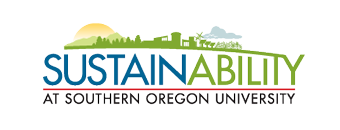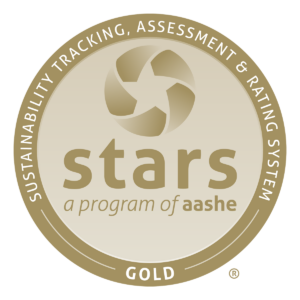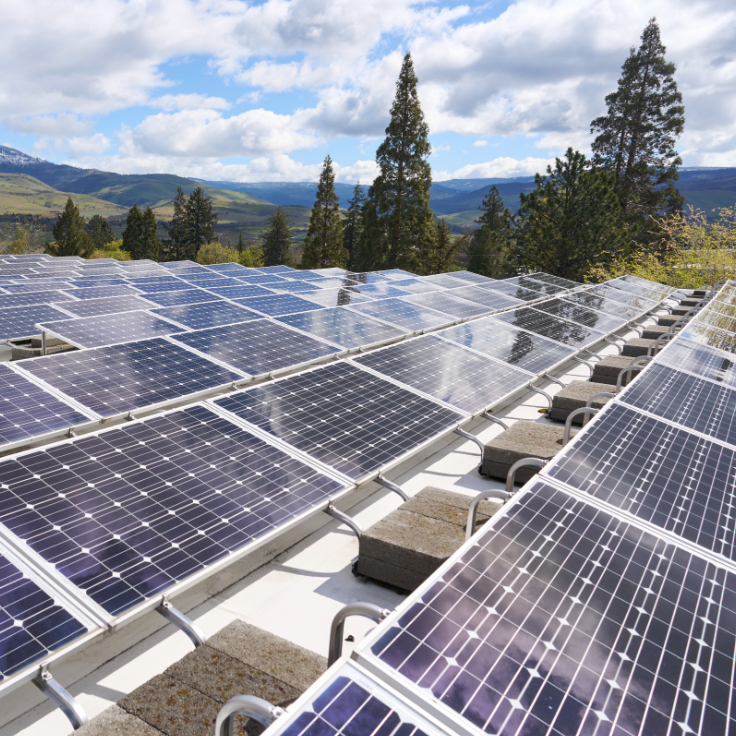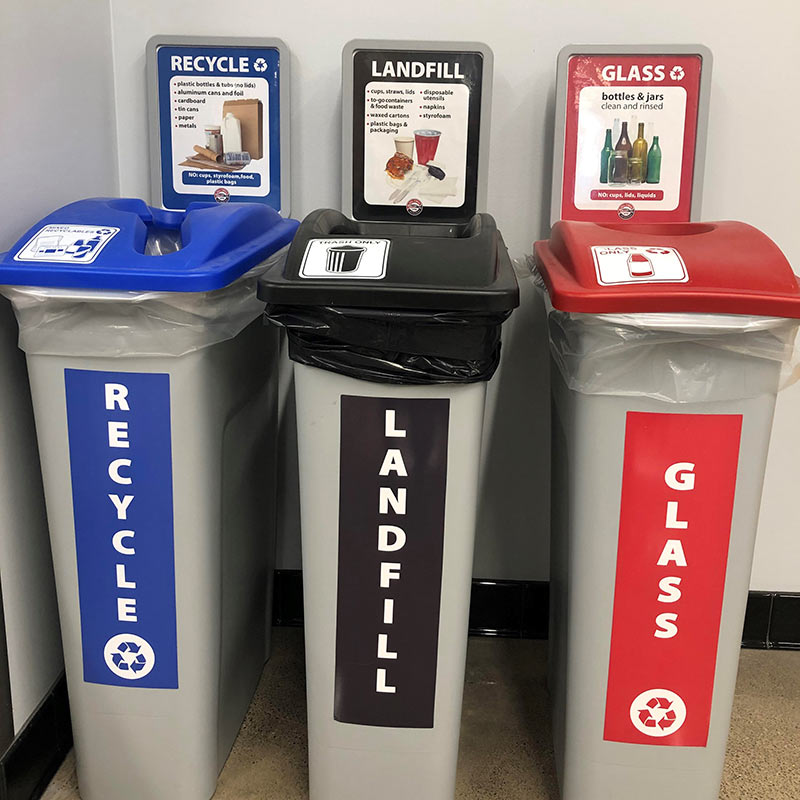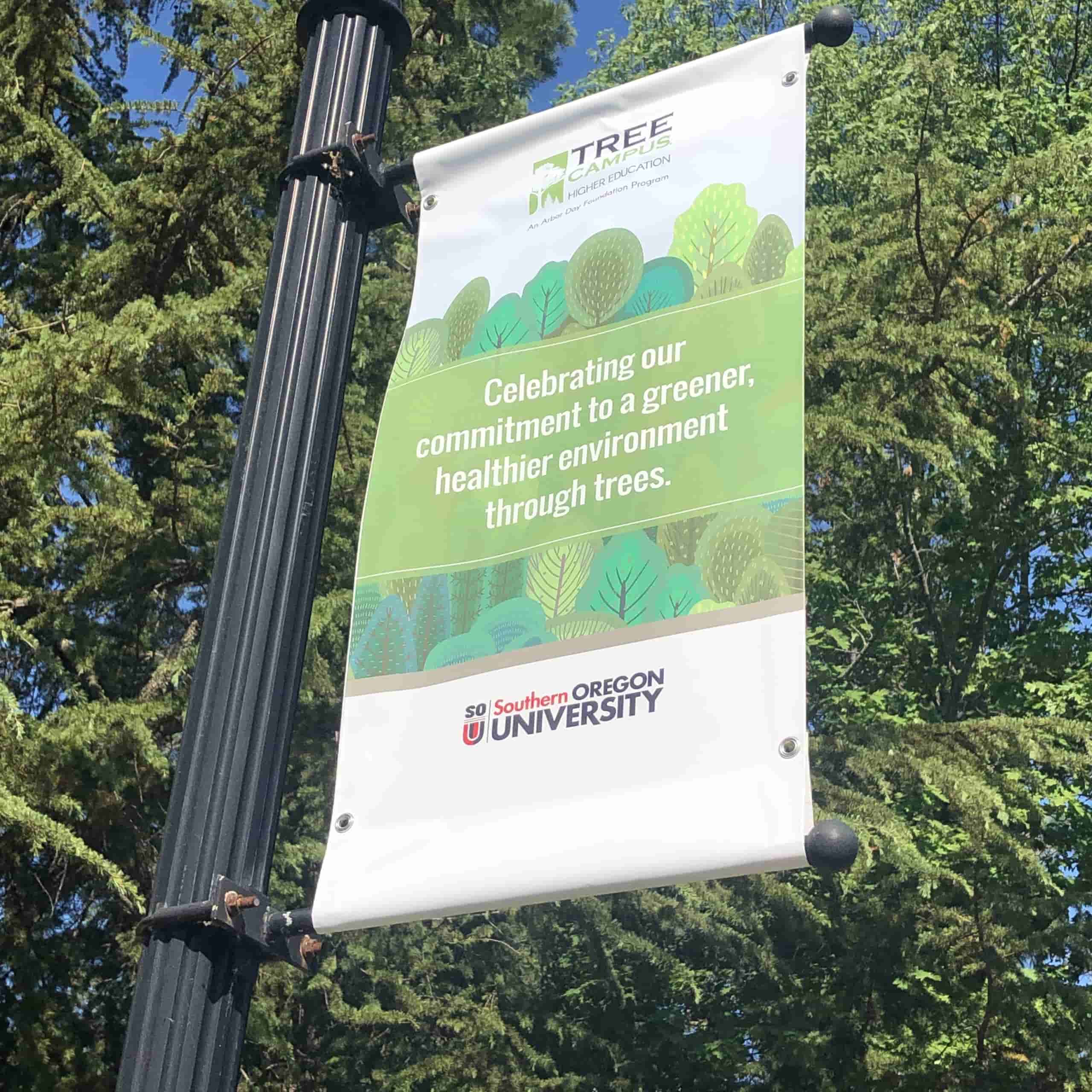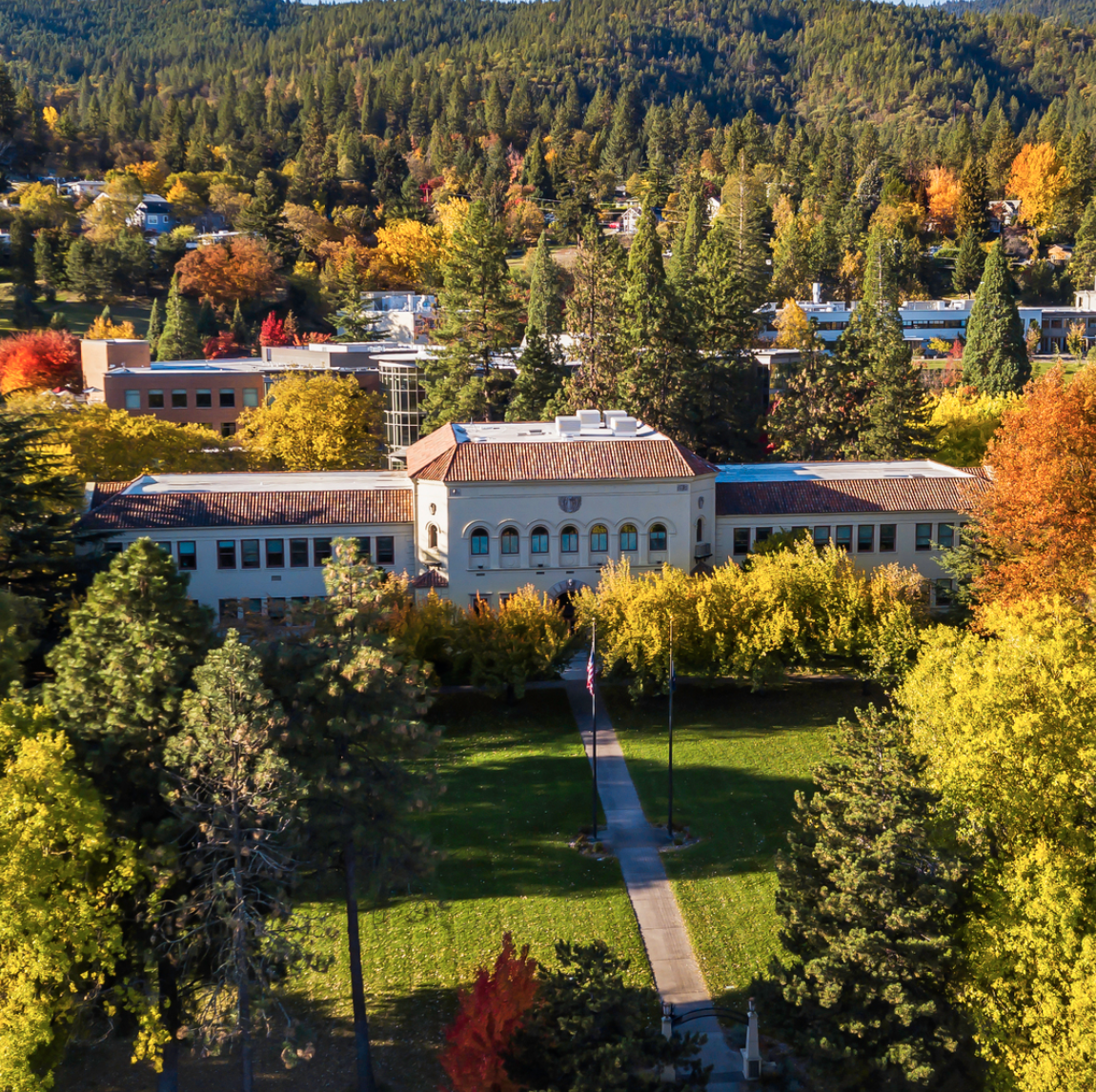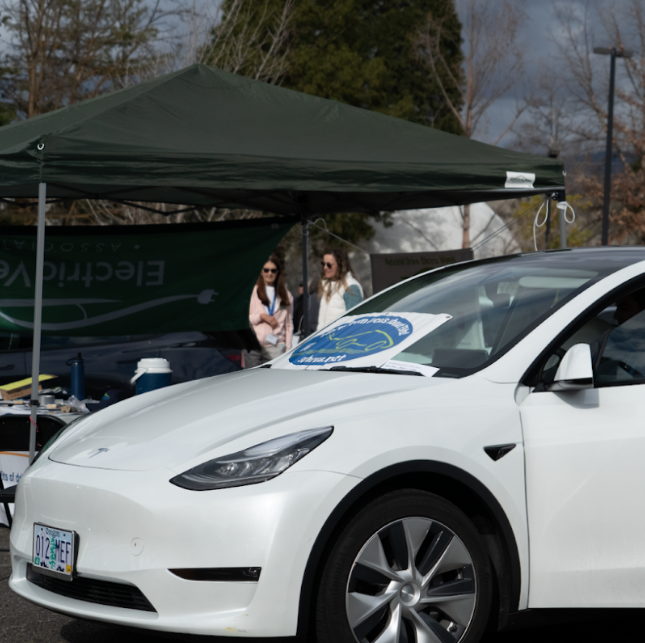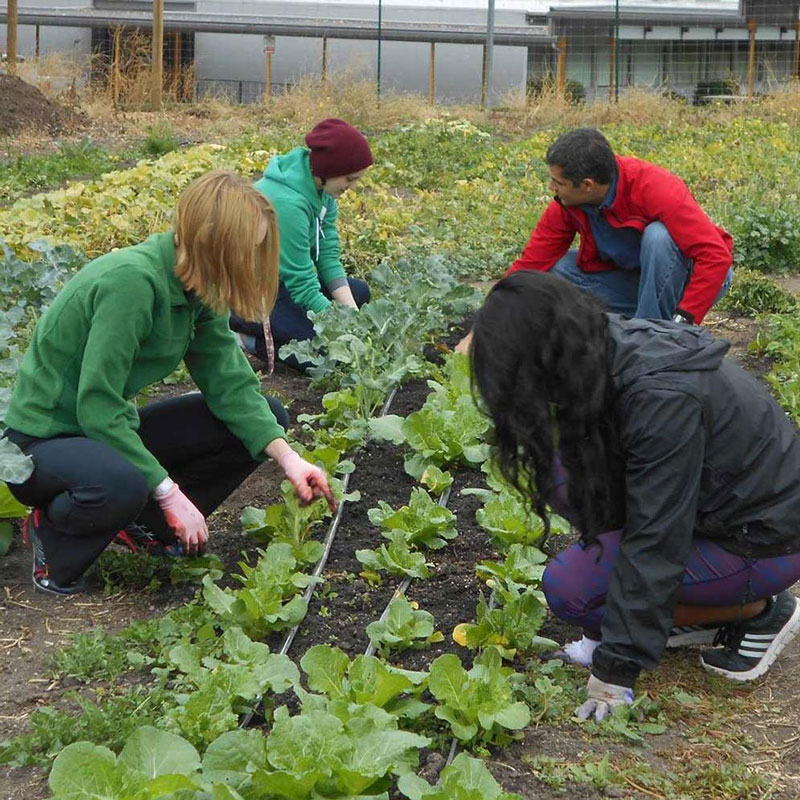SOU’s Operations
SOU is committed to equity, diversity and inclusion and the Sustainability office works closely with the office for Equity, Diversity and Inclusion. SOU strives to create a diverse, equitable, inclusive community where learners will flourish. For more information on Equity, Diversity and Inclusion at SOU, please click here.
.
